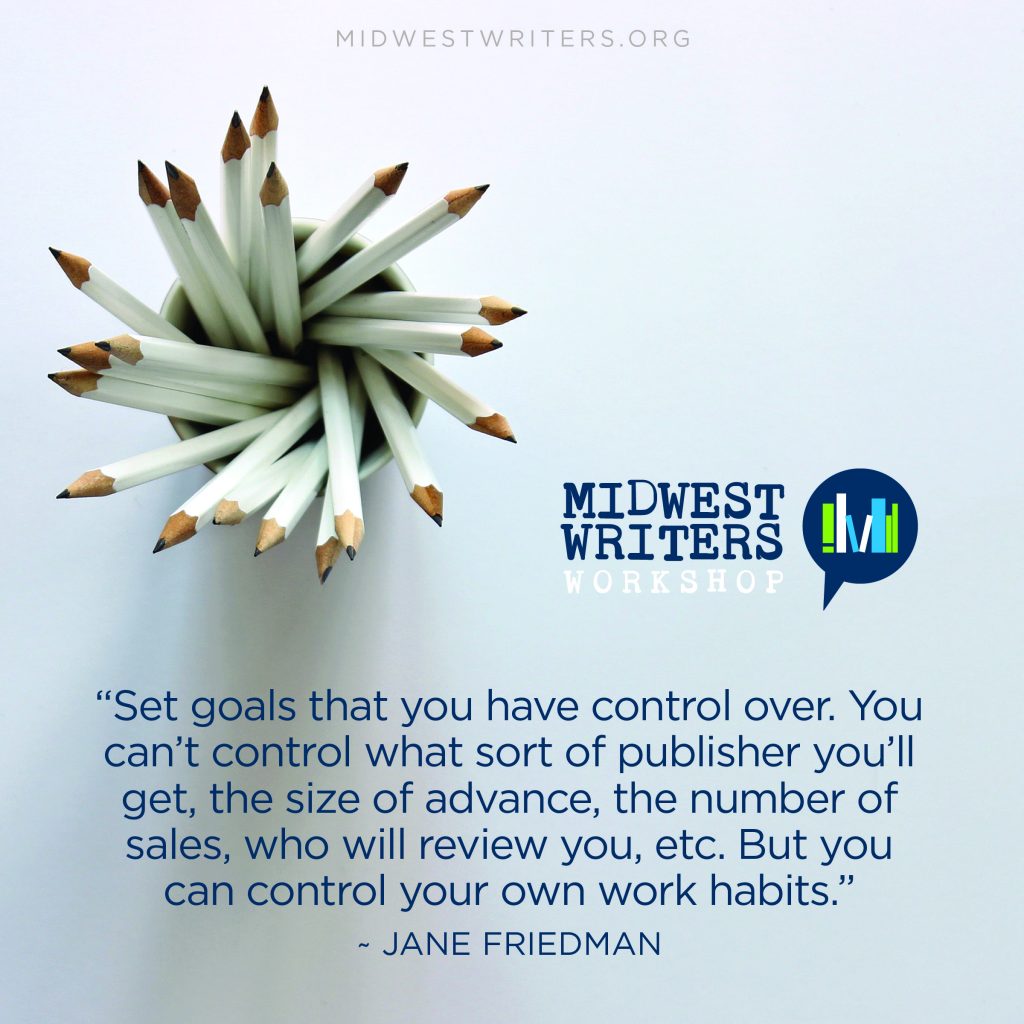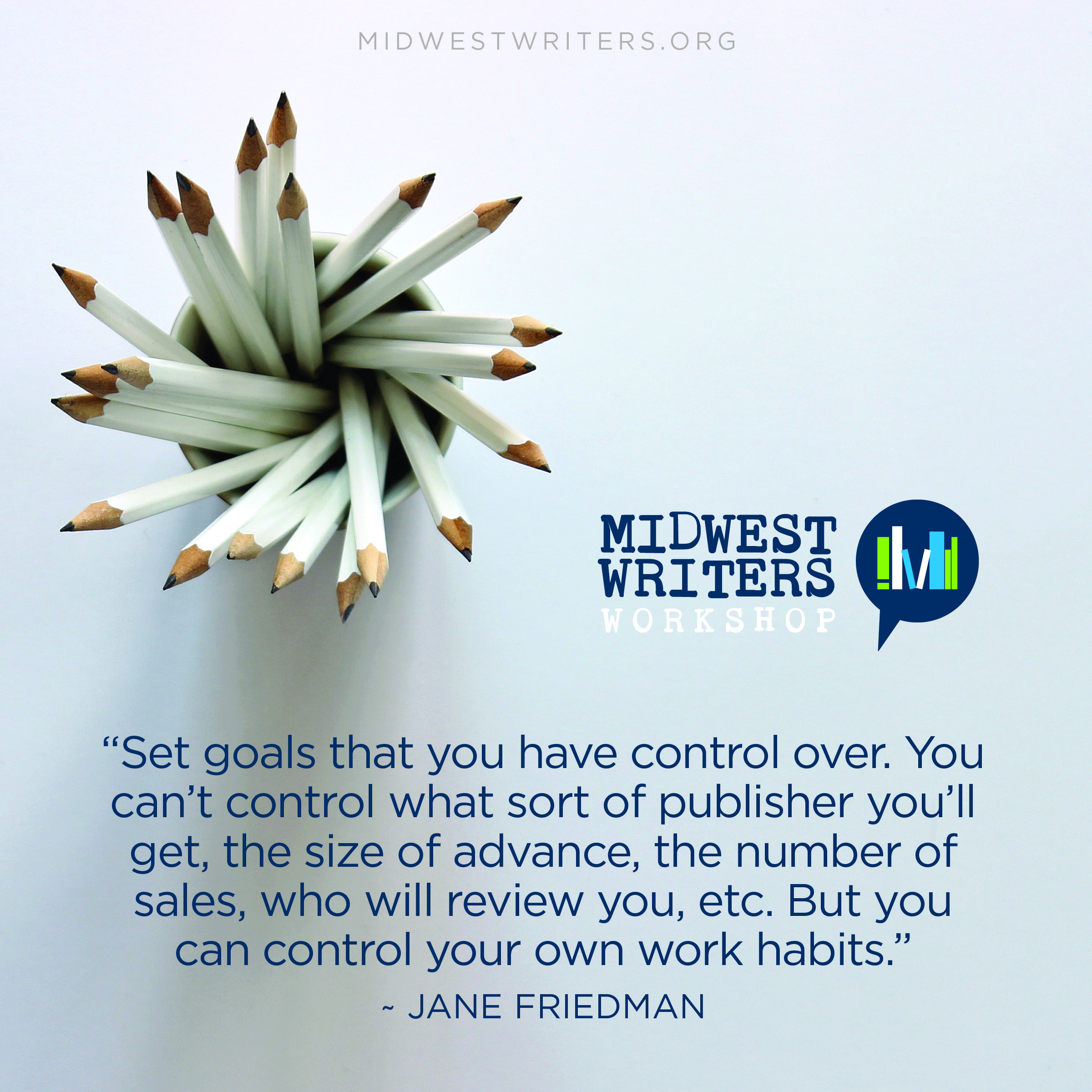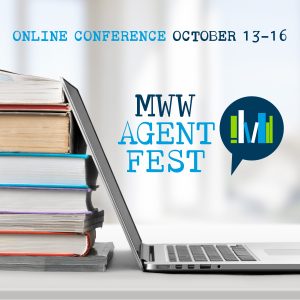Jane Friedman has 20 years of experience in the publishing industry, with expertise in business strategy for authors and publishers. She’s the editor of The Hot Sheet, the essential industry newsletter for authors, and has previously worked for Writer’s Digest and the Virginia Quarterly Review. In 2019, Jane was awarded Publishing Commentator of the Year by Digital Book World; her newsletter was awarded Media Outlet of the Year in 2020.
Jane’s newest book is The Business of Being a Writer (University of Chicago Press); Publishers Weekly said that it is “destined to become a staple reference book for writers and those interested in publishing careers.” Also, in collaboration with The Authors Guild, she wrote The Authors Guild Guide to Self-Publishing.
In addition to being a professor with The Great Courses, Jane maintains an award-winning blog for writers at JaneFriedman.com; her expertise has been featured by The New York Times, The Washington Post, The New York Post, Publishers Weekly, NPR, PBS, NBC, CBS, the National Press Club and many other outlets.
Jane has delivered keynotes and workshops on the digital era of authorship at worldwide industry events, including the Writer’s Digest annual conference, Stockholm Writers Festival, San Miguel Writers Conference, The Muse & The Marketplace, Frankfurt Book Fair, BookExpo America, and Digital Book World. She’s also served on grant panels for the National Endowment for the Arts and the Creative Work Fund, and has held positions as a professor of writing, media, and publishing at the University of Cincinnati and University of Virginia.
In her spare time, Jane writes creative nonfiction, which has been included in the anthologies Every Father’s Daughter and Drinking Diaries. If you look hard enough, you can also find her embarrassing college poetry.
Find out more at https://janefriedman.com/
Jane Friedman has an established history with Midwest Writers Workshop:
My career, almost in its entirety, has been spent in service to writers and the writing and publishing community. I’ve attended hundreds of conferences over the years, and while they all have wonderful success stories (and their own special qualities), Midwest Writers has always been the event I go “home” to each year, to hit my own reset button and remember why I do the work that I do. I’ve watched writer-attendees from my very first years flourish into full-time authors, who then return as faculty—and sometimes join the committee. There is a strong tradition of giving back, of helping another writer up the ladder. The spirit is one of generosity and warm-heartedness.
She will deliver the keynote speech, “The Anxiety Talk: Answering the Unanswerable Questions.” You don’t want to miss out on this!
Q & A with Jane
Leah Lederman, MWW publicity chair, was thrilled to ask Jane Friedman some questions about her upcoming keynote speech. As ever, Jane’s responses were as much practical as they were inspiring, a gift to writers at any stage.
Hopefully you enjoy this interview as much as we did!
MWW: I’ve learned a lot from you about the nuts & bolts of an author career (thank you!), and I’m really excited to hear you talk about the emotional aspect of this strange writer path. What are some of the biggest and most common fears you’ve seen writers express, regarding their work—whether it’s in the mere creation of it, or in putting it “out there”?
JF: Writers get stuck in these lack of confidence loops, and it can stop progress before it even starts. Two of the biggest traps
Do I have talent? There’s a fear of looking foolish, like you’re obviously wasting your time because you can’t write well. The problem is that we all necessarily have to start by doing “bad” work. It takes time and practice to get better. You have to push through it and take satisfaction, even joy, in improving.
Am I too old, too young? Everyone is worried their age is working against them, even young writers, who sometimes feel they won’t be taken seriously. Yet there are few industries like writing and publishing where you can mostly do the work unseen by editors, agents or anyone else. No one has to know your age when you query, and anyway it’s not what you’re being judged on. You’re being judged on the writing or the story on the page. Worries about age is mainly a mindset issue. You can’t do anything about it. Press on with your work.
MWW: Writers definitely seek validation—I’ll be the first to admit it! What types of things have you seen authors qualify as “validation”?
JF: I’ve had writers ask me (since some perceive me as an authority) to rate their writing on a scale of 1 to 10 or ask whether I think it’s “worth it” to continue. They want assurance their writing is good enough to secure an agent or publisher. There’s fear of failure and avoidance of failure.
Probably the biggest piece of validation for authors who seek traditional publication is securing an agent and receiving a very large advance. Then, after publication, usually the biggest validation an author can receive is bestsellerdom, a review in a publication like the NY Times, or a big award.
MWW: But that validation never seems to last long. Do you often see writers achieve a sense of satisfaction or “done-ness” with their work or career?
JF: Almost never, but part of that is just the human condition. We’re never satisfied with what we have, we’re always looking at what we don’t have, or looking at someone else’s paper wondering if they have the answers. It’s natural and somewhat unavoidable. The key is to recognize these thoughts for what they are (unhelpful), and get back to work.
MWW: What do you advise writers pursue instead of that validation—or maybe, how do we access that from within?
JF: Consider: Why did you start writing in the first place? What’s motivating you to tell stories or spread a particular message? What’s that internal why? It doesn’t have to be something positive. You can harness anger at the system or a desire to expose wrongdoing or to warn the world.
When you focus for too long on outcomes (especially outcomes that are really about validation), you can forget what led you to writing to begin with. If you don’t like writing and only like the outcomes, then that’s problematic for sustaining a career. The validating outcomes don’t arrive all that frequently for writers!
MWW: Have you ever been surprised to find a successful and well-established writer who also suffers from self-sabotage traps? I’ve heard of a few who felt “imposter syndrome” and I wondered if there were other pitfalls you’ve seen in the writer world.
JF: Today almost every writer I know has imposter syndrome of one kind or another. Or they get stuck in the comparison trap with other writers. It’s totally normal. Success isn’t a remedy for this.
MWW: In other words, does it ever get easier?
JF: I think the only thing that does make it easier is repetition and consistency in your writing practice. The more you commit and put in the work, the more you realize that’s what it all amounts to. Showing up, day after day, no matter how you feel. That goes for both the good and bad times. You can have a stunning accomplishment, but the next day, you still have to write. Chop wood, carry water, the Zen saying goes.
MWW: How would you advise a writer to establish healthy, attainable goals for their work?
JF: Set goals that you have control over. You can’t control what sort of publisher you’ll get, the size of advance, the number of sales, who will review you, etc. But you can control your own work habits.
There are takeaways for everyone, no matter your genre.
MWW22 is an important opportunity for you to network with others and build a writing community for yourself.




